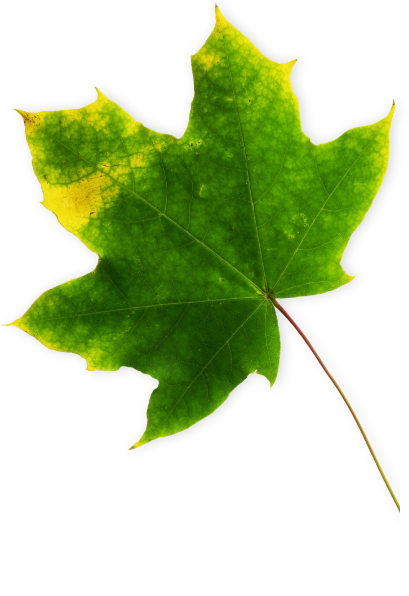If your yard has pine trees, you’ve likely noticed a thick carpet of fallen needles underfoot. Many homeowners worry that these pine needles might be turning their soil acidic, potentially affecting grass, garden plants, and even other trees. It’s a common belief—but is it true? Let’s explore whether pine trees or pine needles actually change the pH of your soil and what you can do about it.
What Is Soil pH and Why Does It Matter?
Soil pH is a measure of how acidic or alkaline your soil is, on a scale from 0 to 14. A pH of 7 is considered neutral. Below 7 is acidic, and above 7 is alkaline. Most lawns and garden plants prefer slightly acidic to neutral soil (pH between 6 and 7), but there are some that thrive in more acidic conditions.
Soil pH affects the availability of nutrients and the activity of soil microbes. If the pH is too low or too high, your plants may not be able to access the nutrients they need, even if you’ve fertilized. That’s why understanding what influences soil pH is so important.
The Truth About Pine Needles and Soil Acidity
It’s true that pine needles are acidic when they fall from the tree. Fresh green needles typically have a pH around 3.2 to 3.8, which is fairly acidic. However, the story doesn’t end there.
As pine needles decompose, their acidity diminishes. During the breakdown process, microbes and environmental factors help neutralize the acidity. In fact, by the time the needles are fully decomposed into humus (rich organic matter), their pH is usually much closer to neutral.
Studies have shown that simply having pine needles on your soil surface does not significantly acidify the soil over time. So, while pine needles might start out acidic, they don’t have a strong or lasting effect on soil pH unless specific conditions are in place.
What About the Trees Themselves?
Some homeowners believe that just having pine trees in the yard will turn the soil acidic. Pine trees do tend to grow well in acidic soils, and they can also influence the environment around them through root activity and the types of organic matter they shed. But they don’t necessarily cause soil acidity.
In reality, the soil under pine trees may already have been slightly acidic before the trees were planted. Or the soil may become more acidic over time due to factors like rainfall (which can leach alkaline minerals from the soil), organic matter buildup, and natural microbial activity—not just the presence of pines.
Why Does Grass Struggle Under Pine Trees?
 While pine trees don’t dramatically change soil pH, growing grass under them can still be a challenge. That’s because:
While pine trees don’t dramatically change soil pH, growing grass under them can still be a challenge. That’s because:
- Shade: Pines have dense canopies that block sunlight.
- Competition: Tree roots compete with grass for water and nutrients.
- Needle Build-Up: A thick layer of needles can create a physical barrier to grass growth.
- Dry Soil: Pine trees often make the soil underneath drier due to their needle structure and canopy shape.
So, if your grass is struggling beneath pine trees, pH might not be the issue—it could be these other growing conditions.
How to Know Your Soil’s pH for Sure
The only way to know your soil’s pH is to test it. At Natural Tree and Lawn, we recommend routine soil testing to identify pH imbalances and determine what, if any, soil amendments are needed. Lime can be used to raise pH, while sulfur can help lower it—but these treatments should only be used when truly necessary.
We also look at your lawn’s overall health, nutrient profile, and specific growing conditions so we can customize a care plan that works for your property.
What Can You Do About Pine Needles in the Lawn?
 If pine needles are covering your lawn, rake them periodically to keep grass from being smothered. You can compost the needles or use them as mulch around acid-loving plants like blueberries, azaleas, and rhododendrons. Just remember, they break down slowly, so they’re best suited for long-term mulch applications.
If pine needles are covering your lawn, rake them periodically to keep grass from being smothered. You can compost the needles or use them as mulch around acid-loving plants like blueberries, azaleas, and rhododendrons. Just remember, they break down slowly, so they’re best suited for long-term mulch applications.
If you’re still concerned about the soil pH, have it tested—guesswork doesn’t help your lawn grow better!
Call the Pros at Natural Tree & Lawn
Still unsure if your pine trees are affecting your soil? Want to make sure your lawn and garden are getting the nutrients they need? Call the experts at Natural Tree & Lawn. Our trained technicians can test your soil, assess growing conditions, and develop a custom care plan that helps your property thrive—whether you have pines, maples, or a little of everything.
Call us today at 781-297-3674 to schedule a soil test or lawn care consultation. Let’s grow healthier, greener lawns—naturally. For additional blogs, please click here!

